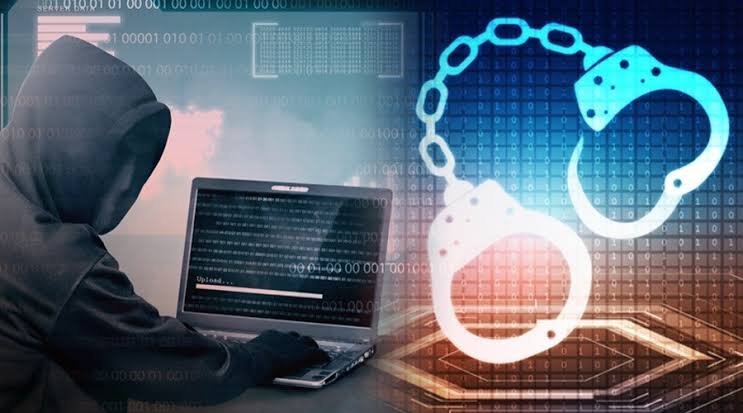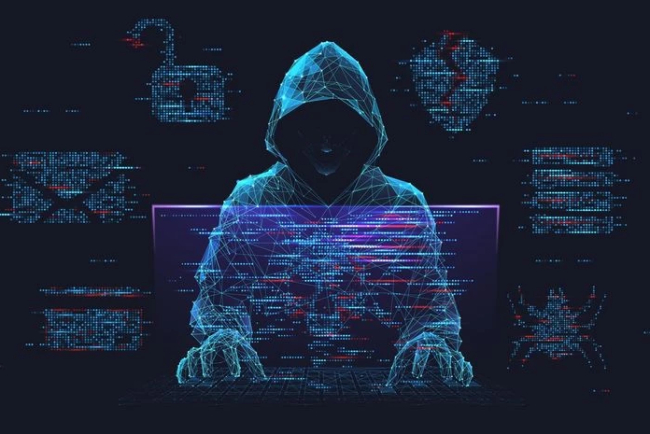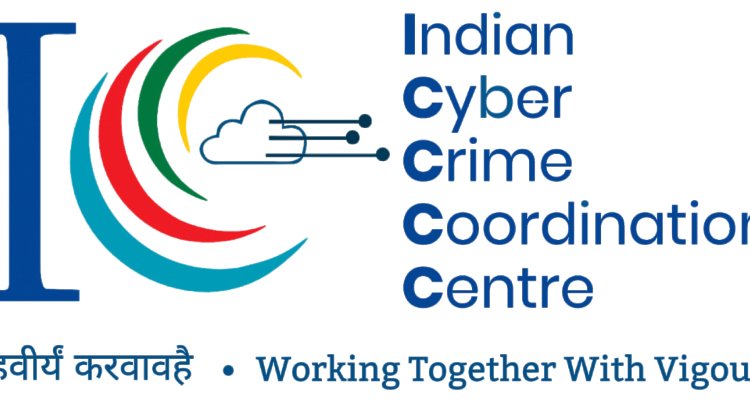39 agents are booked by the CBI for issuing 1,100 fictitious SIM cards used in cybercrime.
Bihar, Telangana, Tamil Nadu, and Karnataka each have one agent, whereas Uttar Pradesh has nine, West Bengal has fifteen, Assam has seven, and Maharashtra has four.

The Central Bureau of Investigation (CBI) has filed a formal complaint (FIR) against 39 point of sale (PoS) agents located in different states for allegedly issuing 1,100 fictitious SIM cards after conducting an investigation.
There are approximately 1,930 point of sale (PoS) agents from whom SIM cards were purchased, and they have sold approximately 64,223 mobile numbers on forged documents or those that were misused in cybercrime in Southeast Asian countries, according to the investigation, which was carried out after analyzing victim complaints on the National Crime Reporting Portal. 39 PoS agents headquartered in West Bengal, Uttar Pradesh, Assam, and Maharashtra have now been booked by the agency, while many of the 1,930 PoS agents have been arrested by the relevant state police.
"A number of PoS agents, working in collusion with cybercriminals/fraudsters and unidentified telecom service provider executives, are enabling them by issuing SIM cards that are subsequently used in illegal activities involving digital arrest, impersonation, fraudulent advertisement, investment fraud, UPI fraud, etc." the CBI stated in the May 8 FIR.
Bihar, Telangana, Tamil Nadu, and Karnataka each have one agent, whereas Uttar Pradesh has nine, West Bengal has fifteen, Assam has seven, and Maharashtra has four. According to the FIR, "during the CBI's verification process, it was discovered that the majority of SIM cards had failed the re-verification/e-KYC that was started by the Department of Telecommunication (DoT) after fraud was committed, demonstrating criminal conspiracy on the part of 39 PoS agents, unidentified telecom service provider executives, and other unknown persons."
Additionally, it was discovered that approximately 2,200 complaints were filed against the 39 PoS agents, and that approximately 1,100 SIM cards they issued were utilized in a variety of cybercrimes, according to the FIR. According to the Indian Express, around 5,000 Indians are believed to be stranded in Cambodia after being detained against their will and coerced into committing cybercrimes. In the six months before to March of this year, Indians were defrauded of at least Rs 500 crore, according to government estimates. The interministerial commission was subsequently established by the Center to investigate the problem and find any weaknesses.
The panel later identified gaps in the banking, immigration, and telecom sectors. The FIR registered by the CBI is also a part of the decision by the central agency after an inter-ministerial panel highlighted the issue.
According to the CBI's verification report, cybercriminals are employing "ghost SIM cards," which are primarily registered in other people's names without their knowledge, to mimic and hide their identities. The National Crime Reporting Portal's 2024 victim complaints were examined, and the mobile numbers that the victims provided were gathered. In order to identify cellphone numbers that were issued by Indian telecom firms but roamed in Southeast Asian countries, the list was also filtered, according to the report.
64,223 mobile numbers were found to be within the risk parameters by this research, and information on PoS agents indicates that 1,930 PoS agents nationwide sold SIM cards that were used to commit different types of cybercrimes, according to the report.
As an explanation of the process, an officer stated that the PoS agent must complete the customer's e-KYC before issuing a SIM card. "The PoS agent performs the customer's e-KYC when they visit the customer to purchase a SIM card. The PoS agents notify the customer that the e-KYC attempt failed and request e-KYC again during the process. According to the verification report, the officer stated, "However, the customer was unaware of the second ghost SIM card and the PoS agents issued a SIM card during both the e-KYC."
Follow cyberdeepakyadav.com on
Facebook, Twitter, LinkedIn, Instagram, and YouTube
What's Your Reaction?























